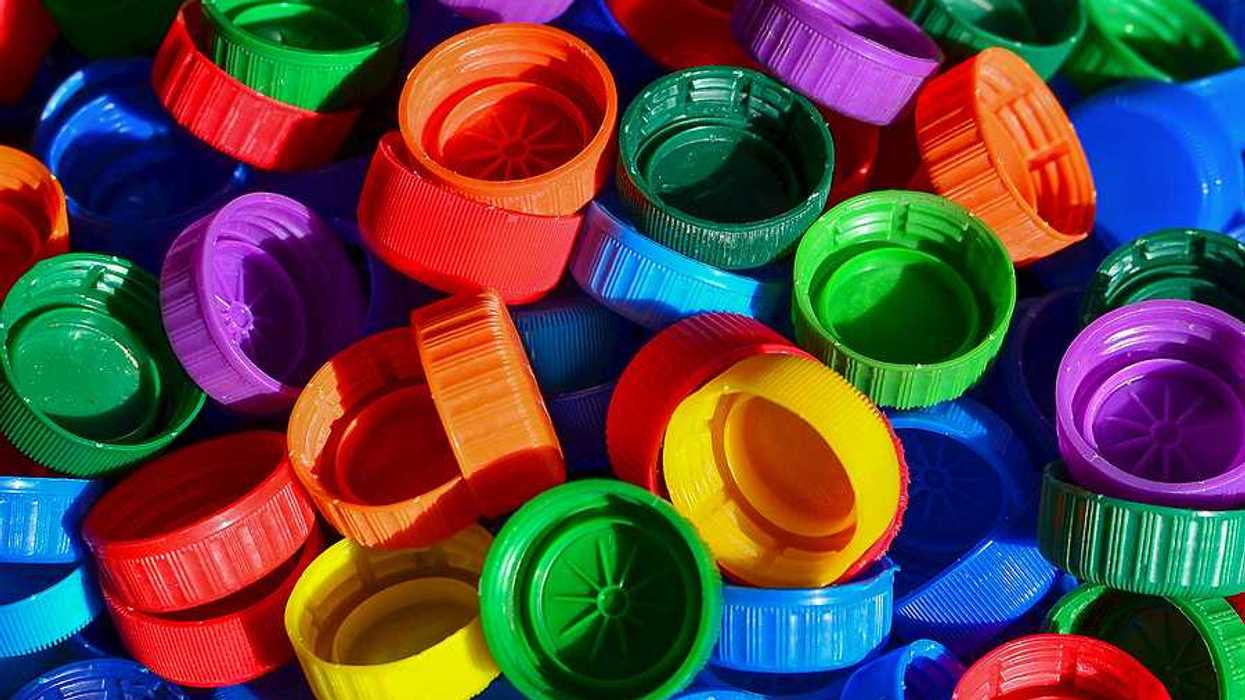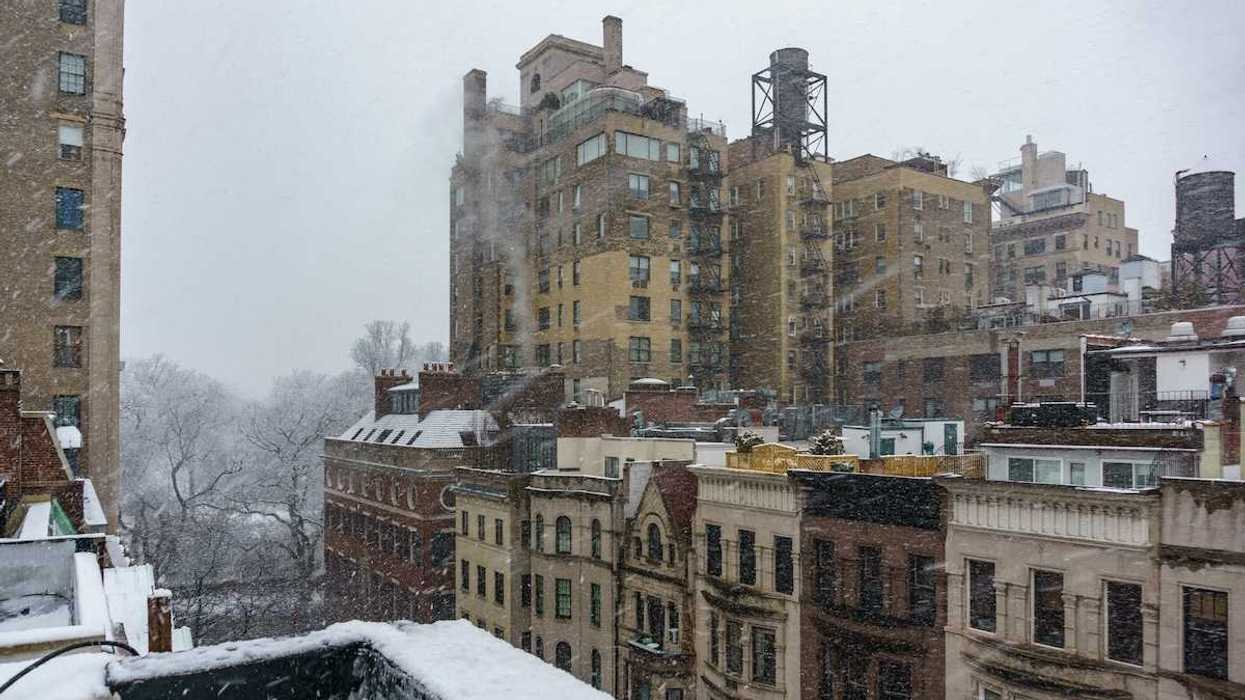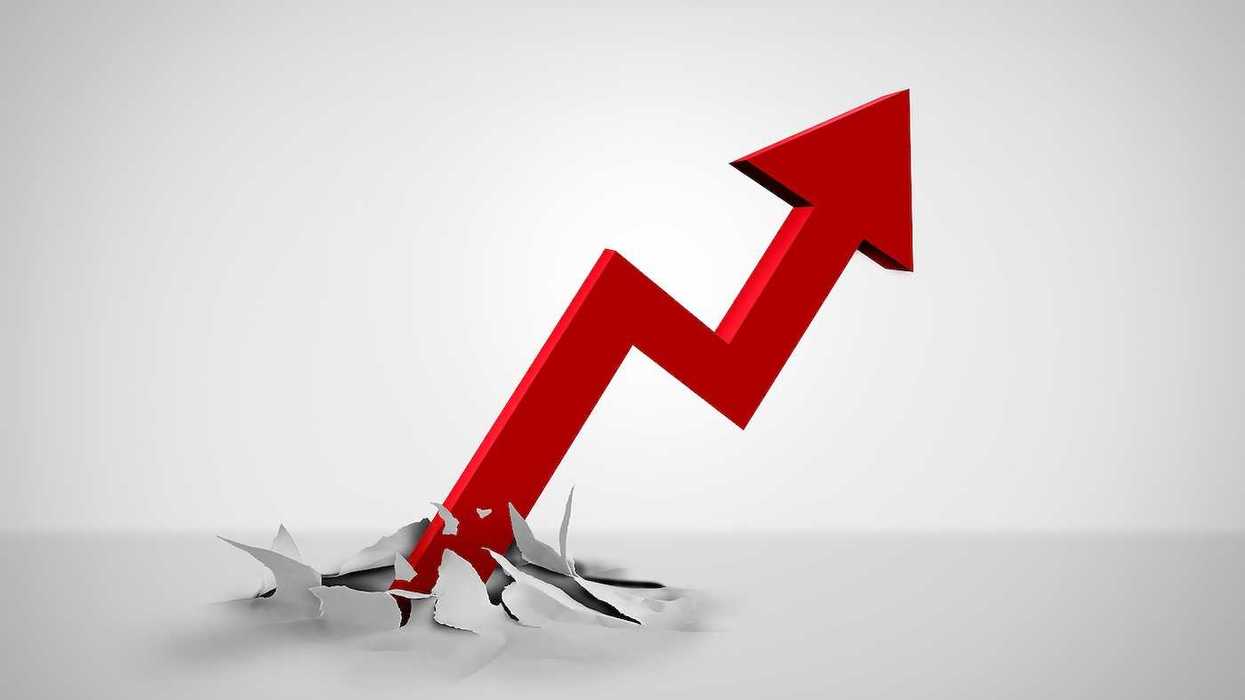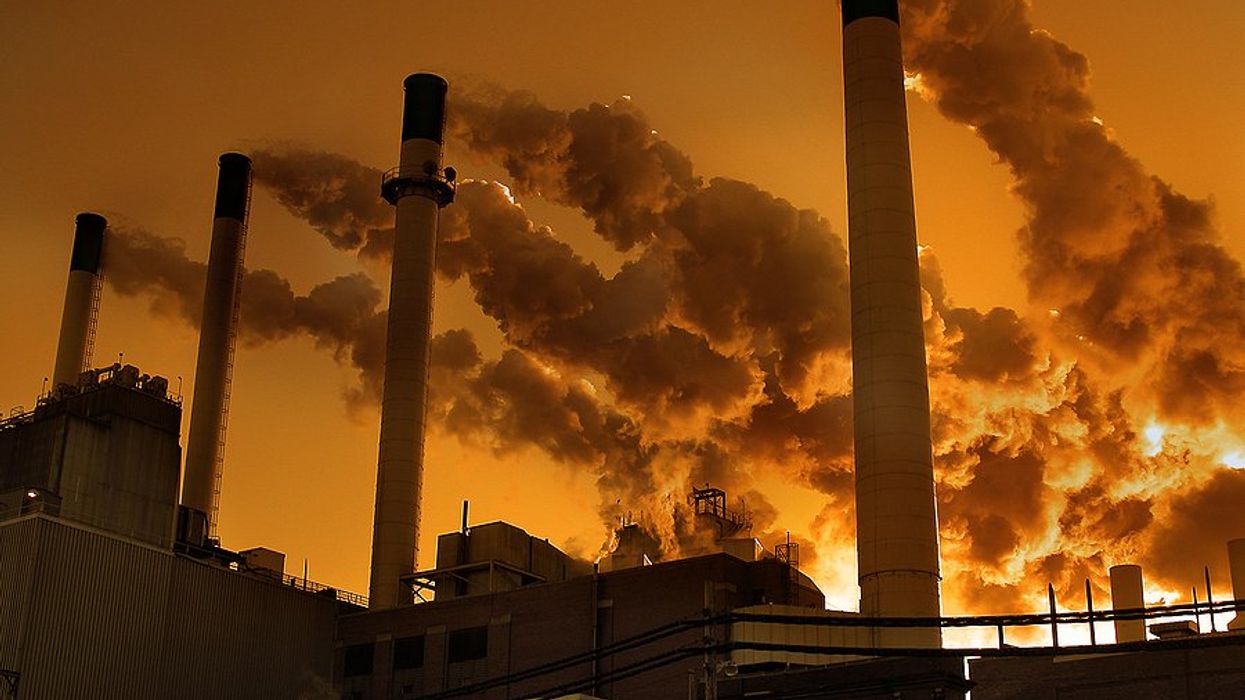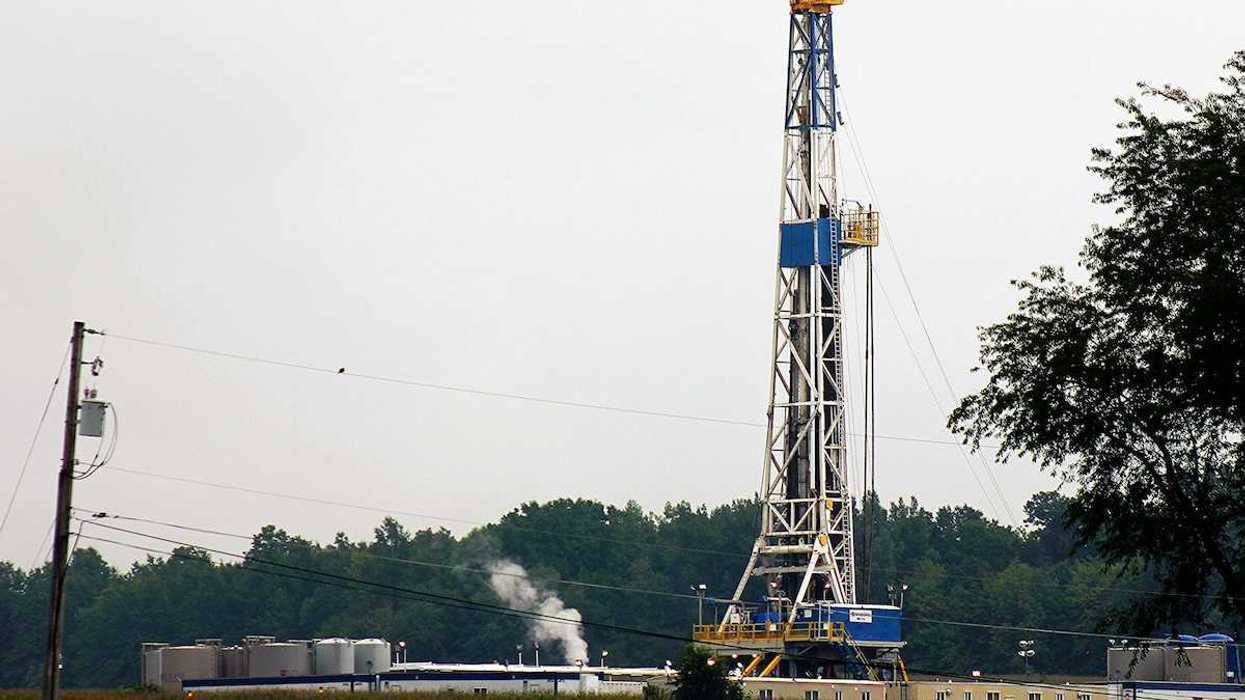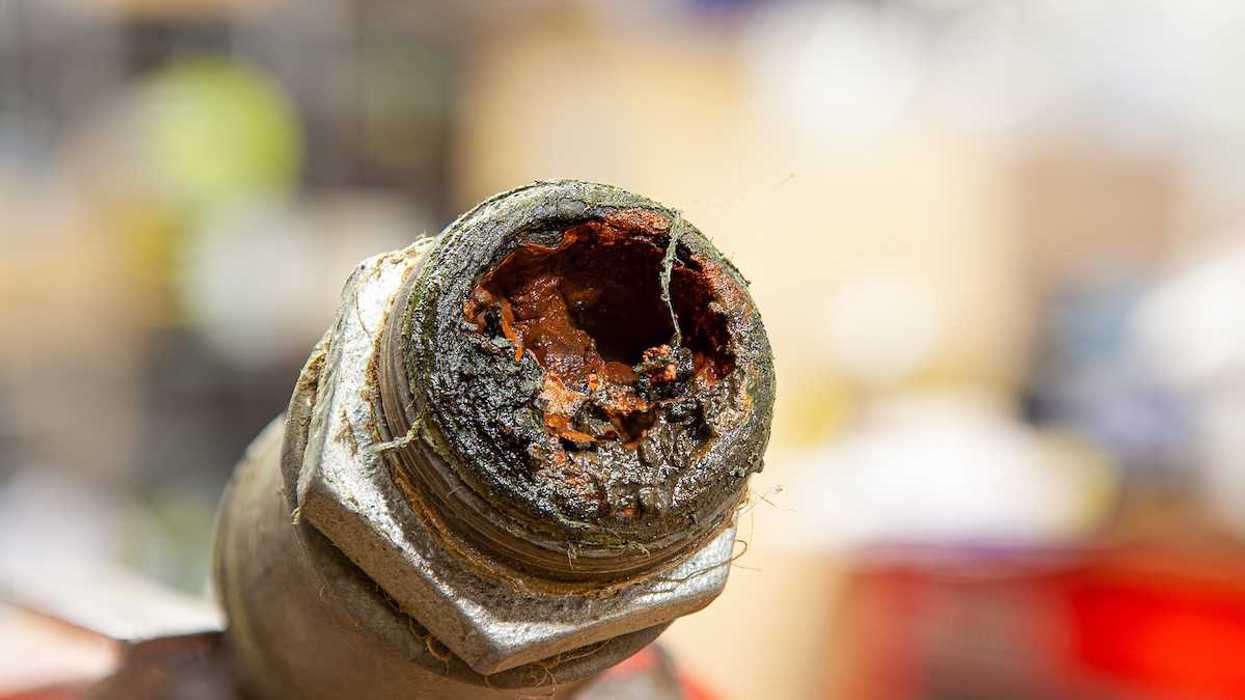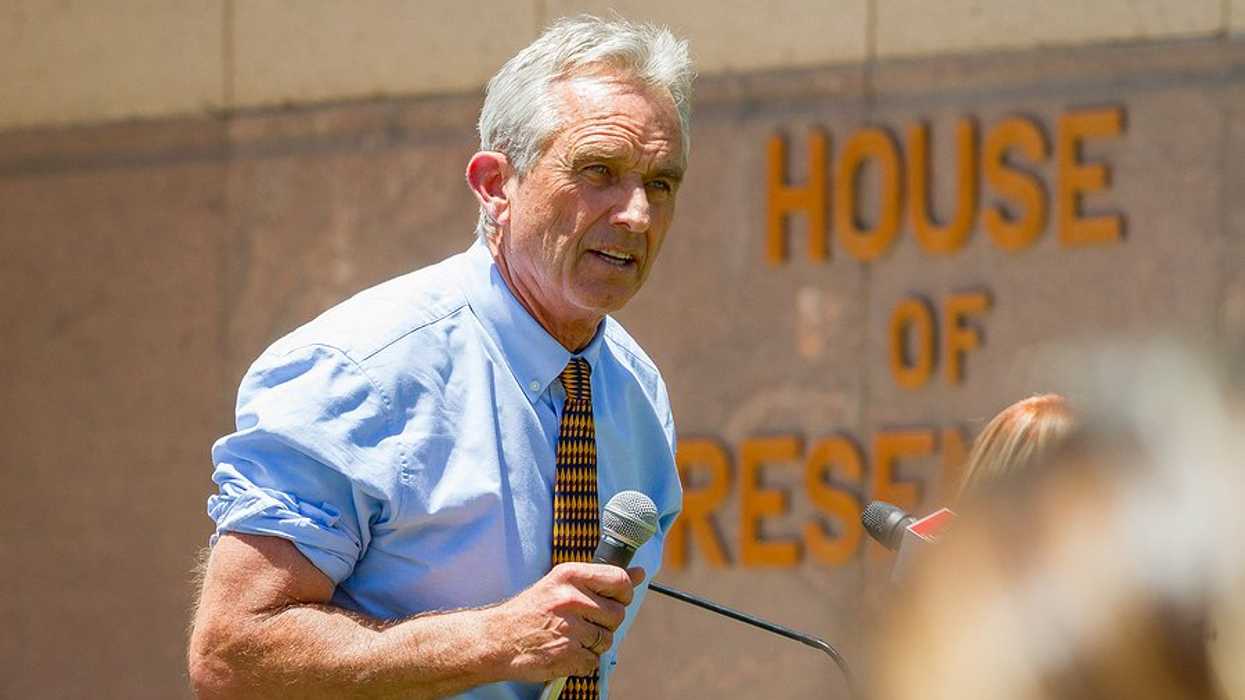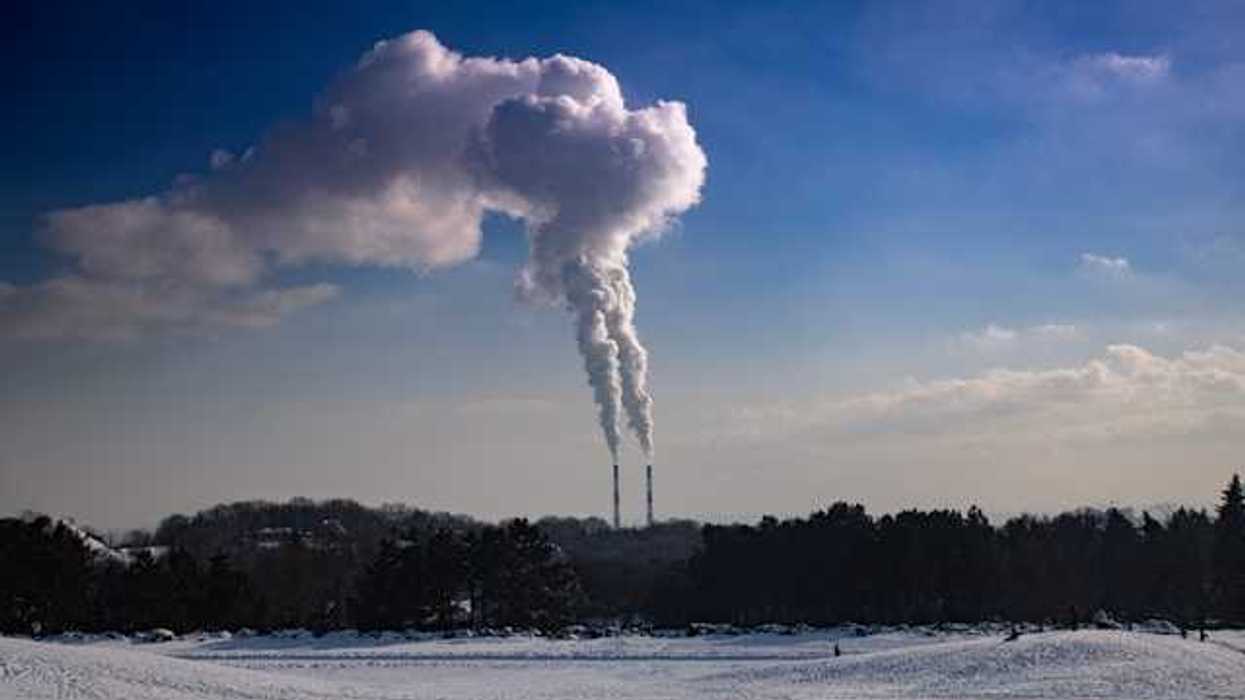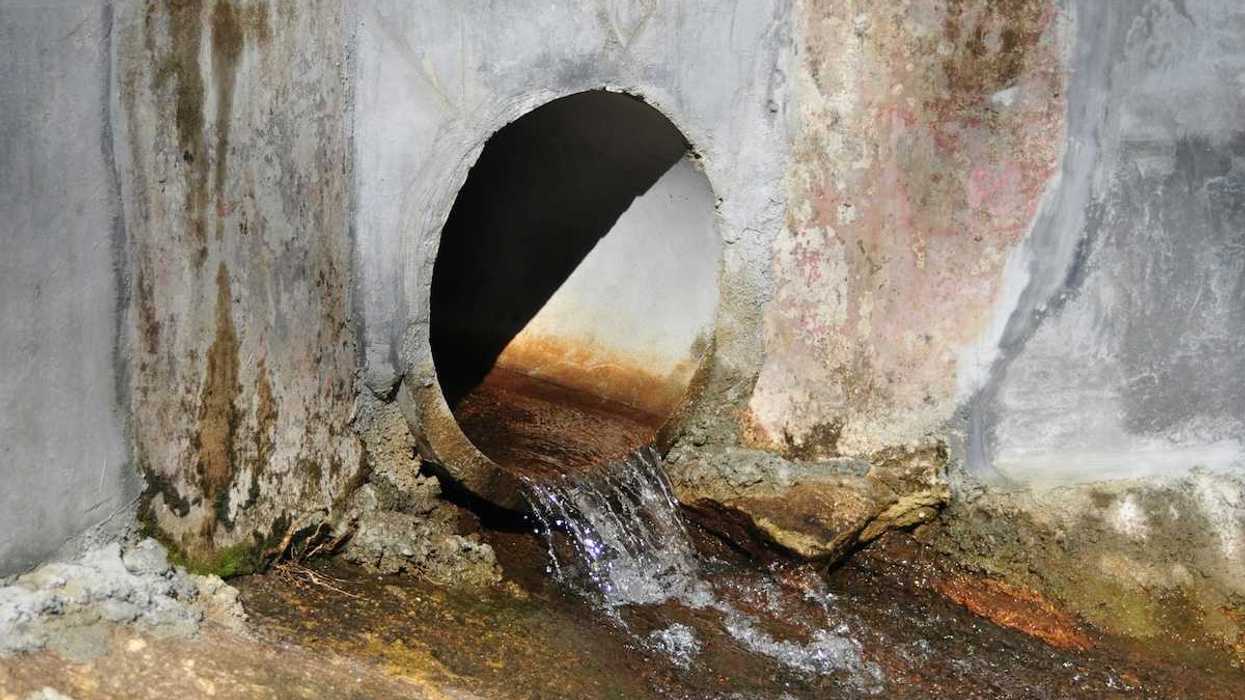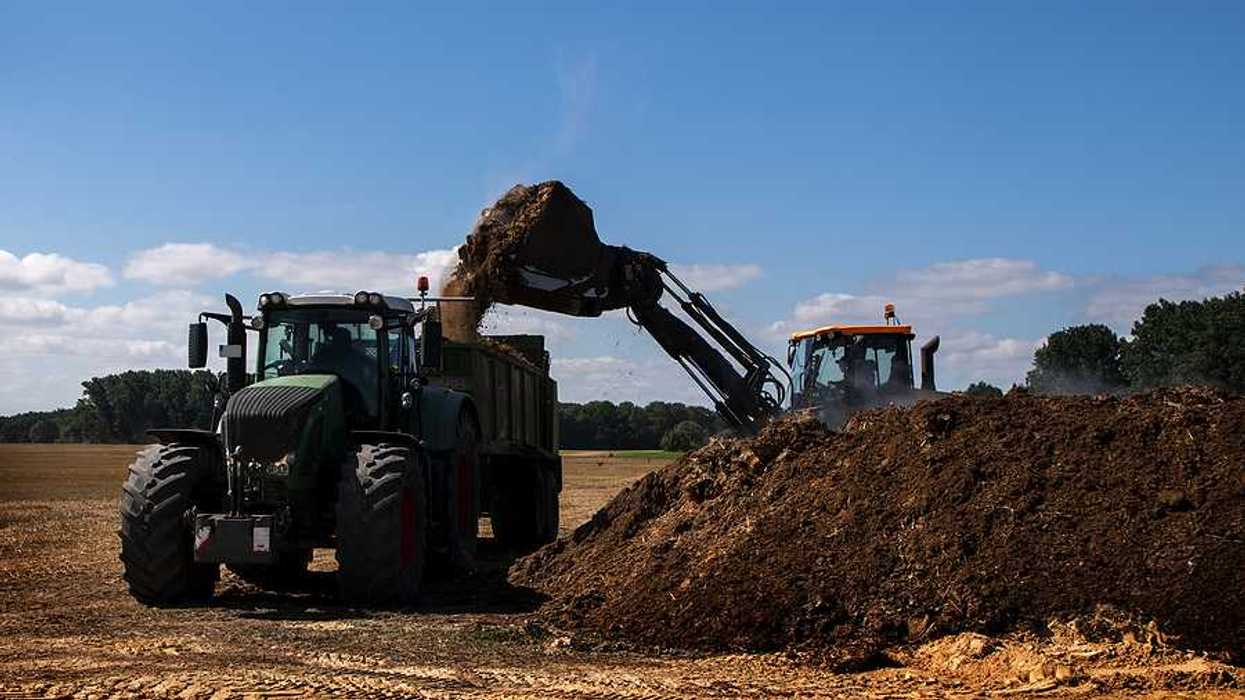Monarch butterflies overwintering along the California coast have declined by 96% in a year, with habitat loss, pesticides and extreme heat contributing to their second-lowest population in nearly three decades.
Todd Richmond reports for The Associated Press.
In short:
- The Xerces Society counted just 9,119 western monarchs in 2024, down from 233,394 in 2023 and near the record low of 1,901 in 2020.
- Extreme heat, with temperatures exceeding 100°F, may have disrupted breeding and survival, compounding threats from habitat loss and pesticide exposure.
- The U.S. Fish and Wildlife Service is considering listing monarchs as a threatened species, which would bring legal protections for the butterflies and their habitat.
Key quote:
“This is bad news. But we have seen incredible recovery. This doesn’t mean we’re not going to have western monarchs. It’s hopefully a wake-up call that a bad year can set them back pretty significantly.”
— Emma Pelton, Xerces Society biologist
Why this matters:
Monarch butterflies are now a poignant reminder of nature’s fragility. These iconic insects are more than just a spectacle of migration, traveling thousands of miles between Mexico and the United States; they are essential pollinators, supporting ecosystems and food crops that sustain human and animal life. But their population has plummeted by as much as 85% in the last two decades, raising alarm among scientists and conservationists.
Related:


